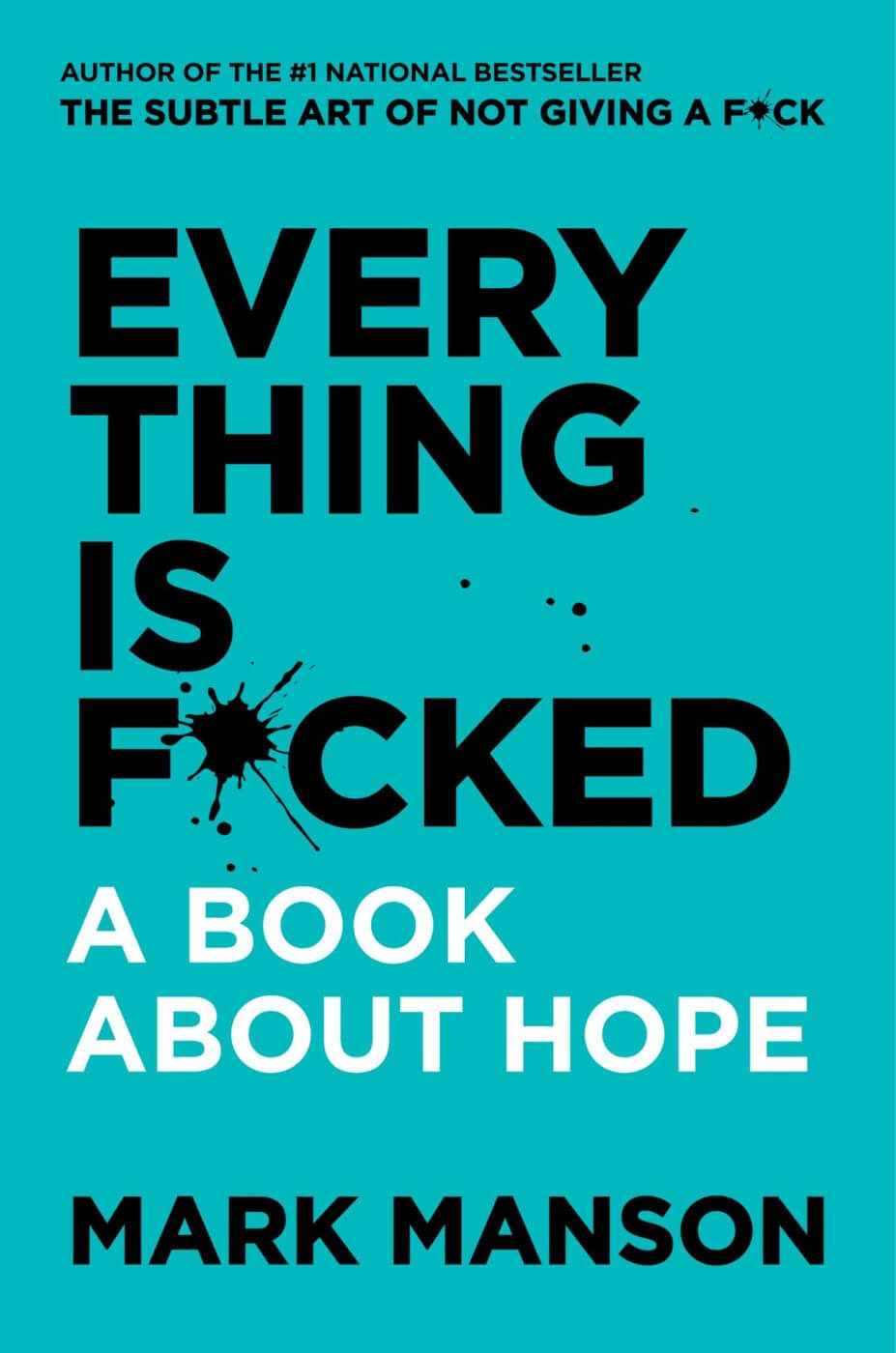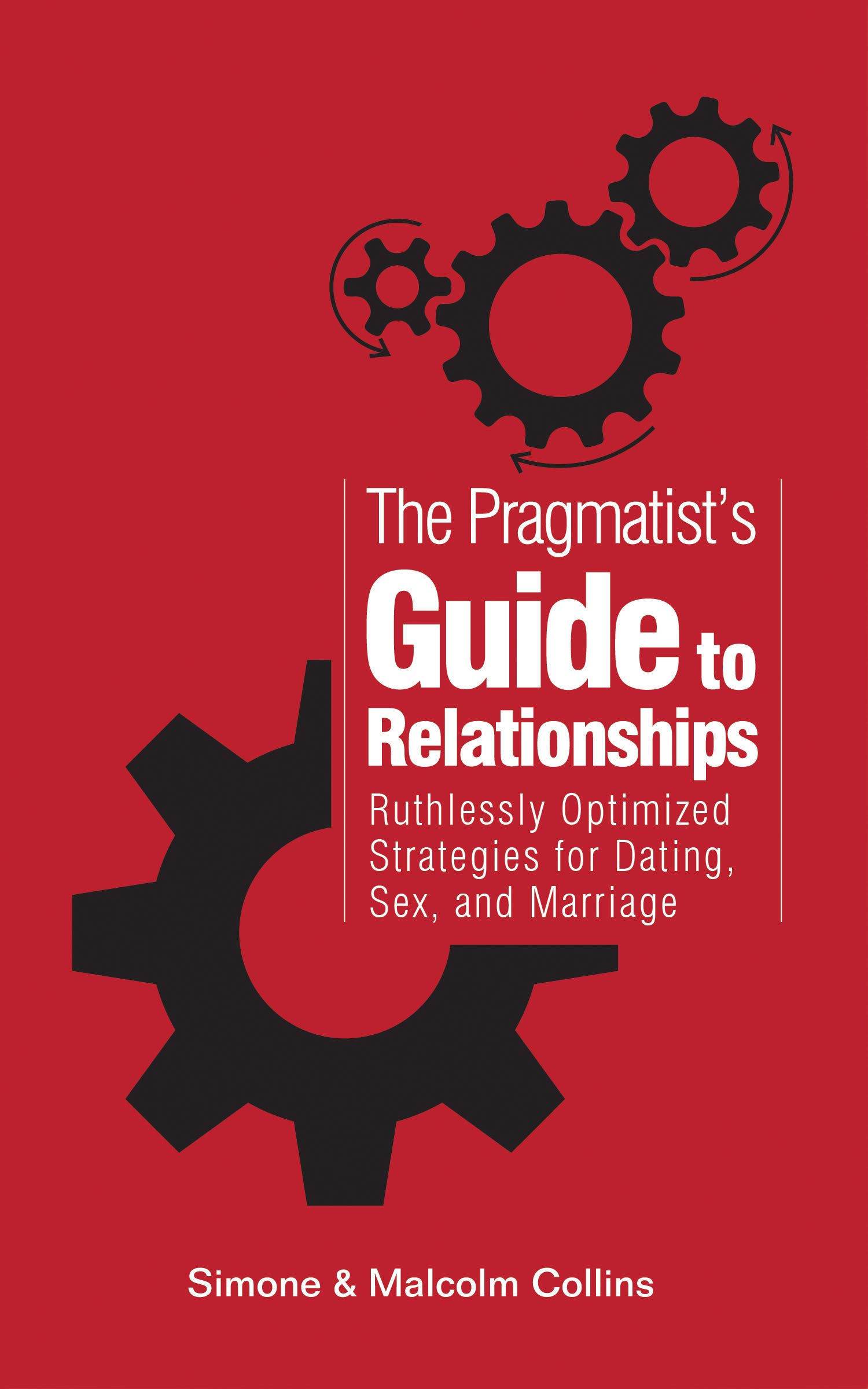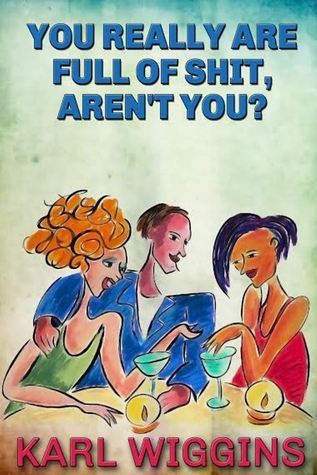
Everything Is F*cked: A Book About Hope
Book Description
Hope is a slippery concept, often overshadowed by chaos and despair. Mark Manson dives deep into the heart of human experience, dissecting the paradox of hope amidst turmoil. With sharp insights and no-nonsense honesty, he explores the delicate balance between pain and purpose, urging readers to confront their fears and embrace the messiness of life. Each page crackles with urgency, revealing that vulnerability isn’t weakness, but a powerful catalyst for transformation. As the world spirals into confusion, what will you believe in when everything seems lost?
Quick Book Summary
"Everything Is F*cked: A Book About Hope" by Mark Manson is a provocative exploration of the contradictions inherent in the modern search for meaning and hope. Manson contends that in a world rife with chaos, anxiety, and relentless change, traditional sources of hope are crumbling. Using a blend of philosophy, psychology, and humor, he argues that pain and struggle are unavoidable, and that rather than seeking permanent happiness, we must find purpose by confronting life’s inherent difficulties. Manson urges readers to accept the limitations of the human experience, to abandon the pursuit of certainty and control, and to cultivate values that foster resilience rather than distraction. The book ultimately presents vulnerability, honest self-reflection, and personal responsibility as antidotes to despair and cynicism, positing that true hope arises not from external circumstances but from within.
Summary of Key Ideas
Table of Contents
The Paradox of Hope and Pain
Mark Manson begins by examining how hope functions as a driving force in our lives, but also as a double-edged sword. Clinging to hope for a better future can be motivating, but it can also trap us in cycles of dissatisfaction, forever longing for a perfection that doesn’t exist. Manson explores how contemporary culture’s obsession with happiness and positivity leads many to ignore the real, unavoidable pain that arises from being alive. Instead of running from discomfort, he suggests that acknowledging pain is fundamental to finding true purpose.
The Limitations of Rationality and Emotion
Manson introduces the concept of the "Feeling Brain" and "Thinking Brain," describing how our emotional and rational selves are often at odds. While we believe ourselves to be logical, our decisions and values are frequently steered by emotion. Manson uses accessible psychology to dismantle the myth that reason is king, showing that our pursuit of control and certainty leads us farther away from self-acceptance. Accepting the interplay between emotion and logic, he argues, is crucial for building resilience.
Responsibility in a Chaotic World
A major theme of the book is personal responsibility and the necessity of finding meaning amidst uncertainty. Manson posits that when the world feels increasingly chaotic, it is tempting to abdicate responsibility or blame external factors. However, true hope is cultivated when individuals take ownership of their beliefs and actions, even when outcomes are unpredictable. He discusses the risk of nihilism—the belief that nothing matters—and counters it by highlighting the importance of compassionate, value-driven action.
Embracing Uncertainty and Vulnerability
Throughout the narrative, Manson emphasizes vulnerability as a strength, not a weakness. He challenges the notion that security is achieved through the avoidance of pain or control over circumstances. Instead, he encourages readers to embrace the messiness of life, confront their limitations, and engage deeply with their values. By exposing our authentic selves, including our failures and fears, we enable genuine connections with others and with ourselves.
Building Meaning Through Values
The culmination of Manson’s argument is that meaning is constructed through the values we choose and uphold. By dedicating ourselves to something greater than fleeting personal satisfaction—be it relationships, community, or a cause—we foster lasting hope. Manson cautions against hollow distractions and easy fixes; instead, he advocates for difficult but meaningful action as the foundation of hope. Ultimately, he presents an invitation to define our lives not by the pursuit of perpetual happiness, but by our willingness to accept struggle and to commit to growth, integrity, and compassion.
Download This Summary
Get a free PDF of this summary instantly — no email required.





